 The Times, October 9, 2019
The Times, October 9, 2019
In a packed field, this emerges as the front-runner for the title of worst intro of the year. I am sure the sub was not to blame – this writer is in second, third and fourth places too. But someone has to say to him that this would disgrace an eight-year-old. Writers who think they can write are a menace, and if they are treated as untouchable they get worse.
 The Times, October 7, 2019
The Times, October 7, 2019

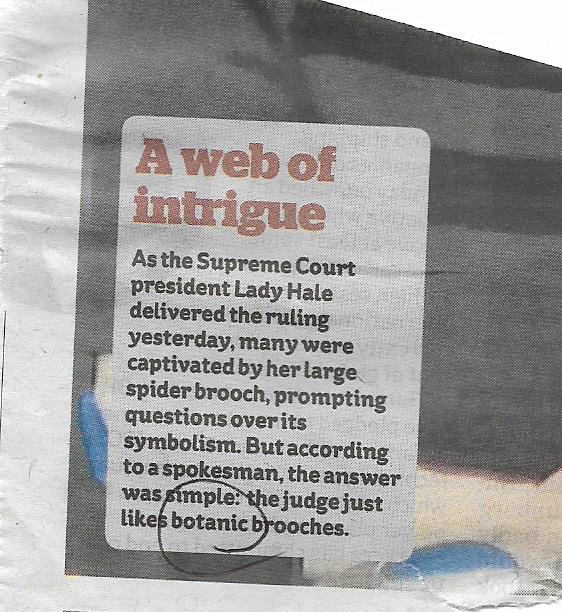
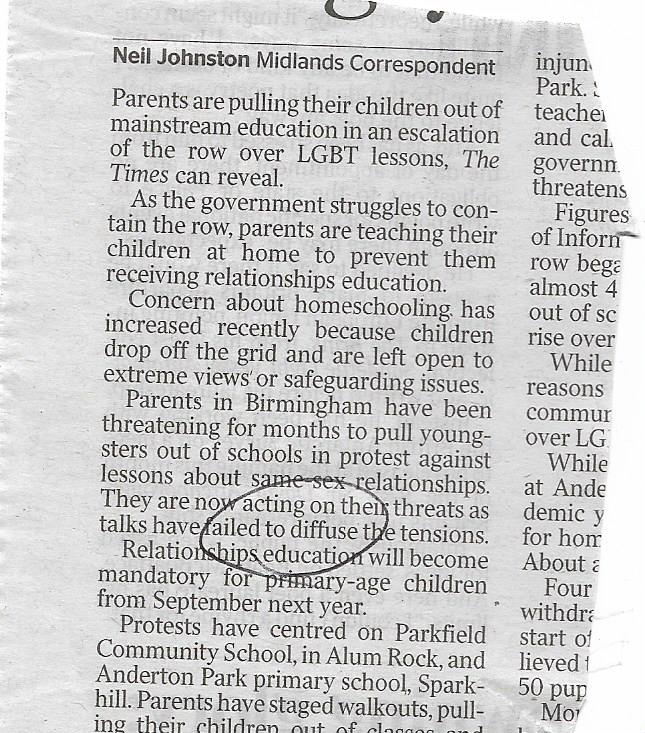 The Times, September 21, 2019
The Times, September 21, 2019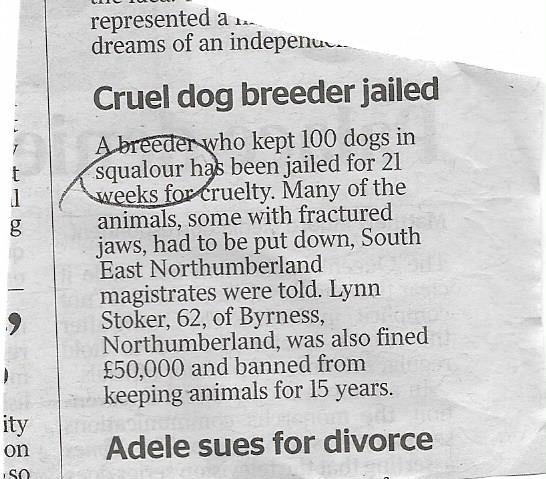 The Times, September 14, 2019
The Times, September 14, 2019 The Times, September 13, 2019
The Times, September 13, 2019
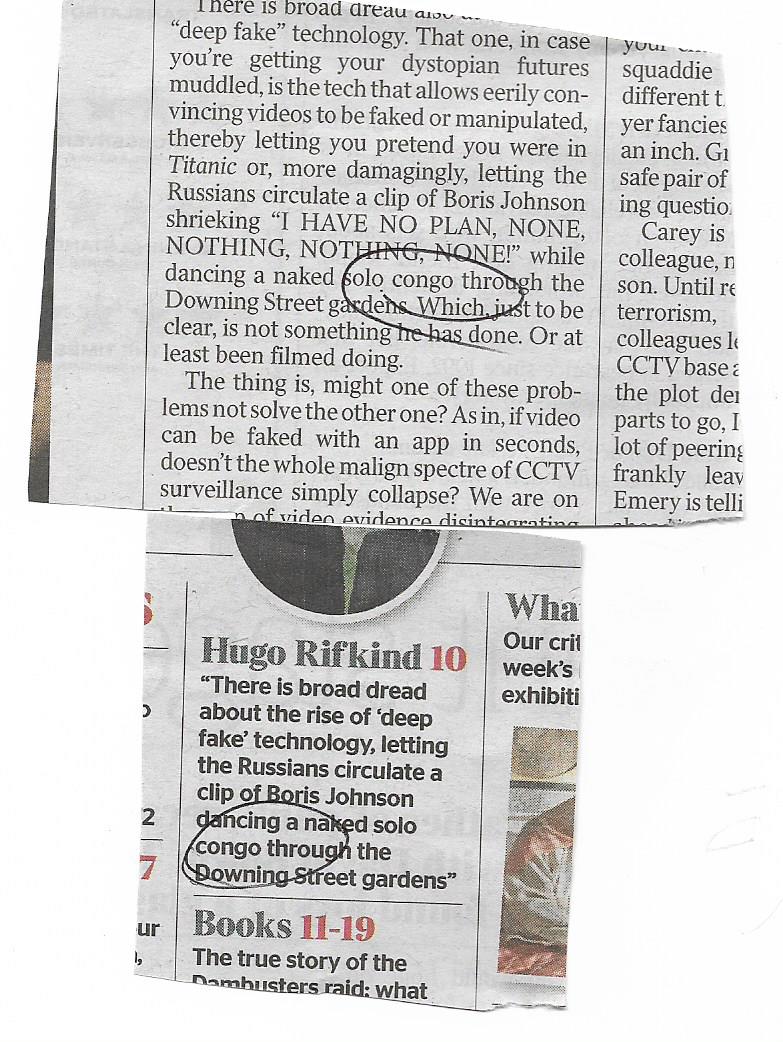 The Times, September 7, 2019
The Times, September 7, 2019 The Times, September 11, 2019
The Times, September 11, 2019
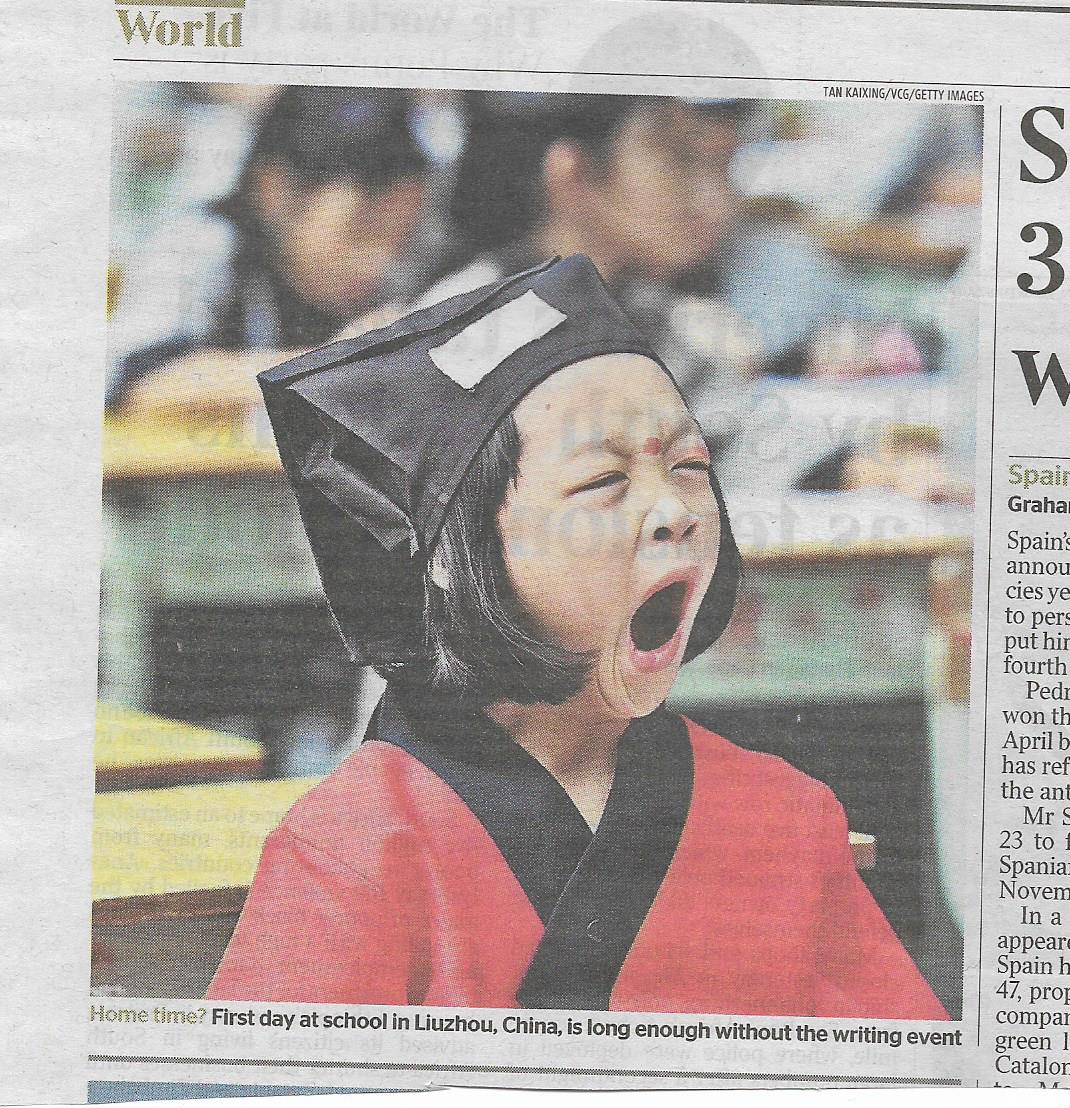
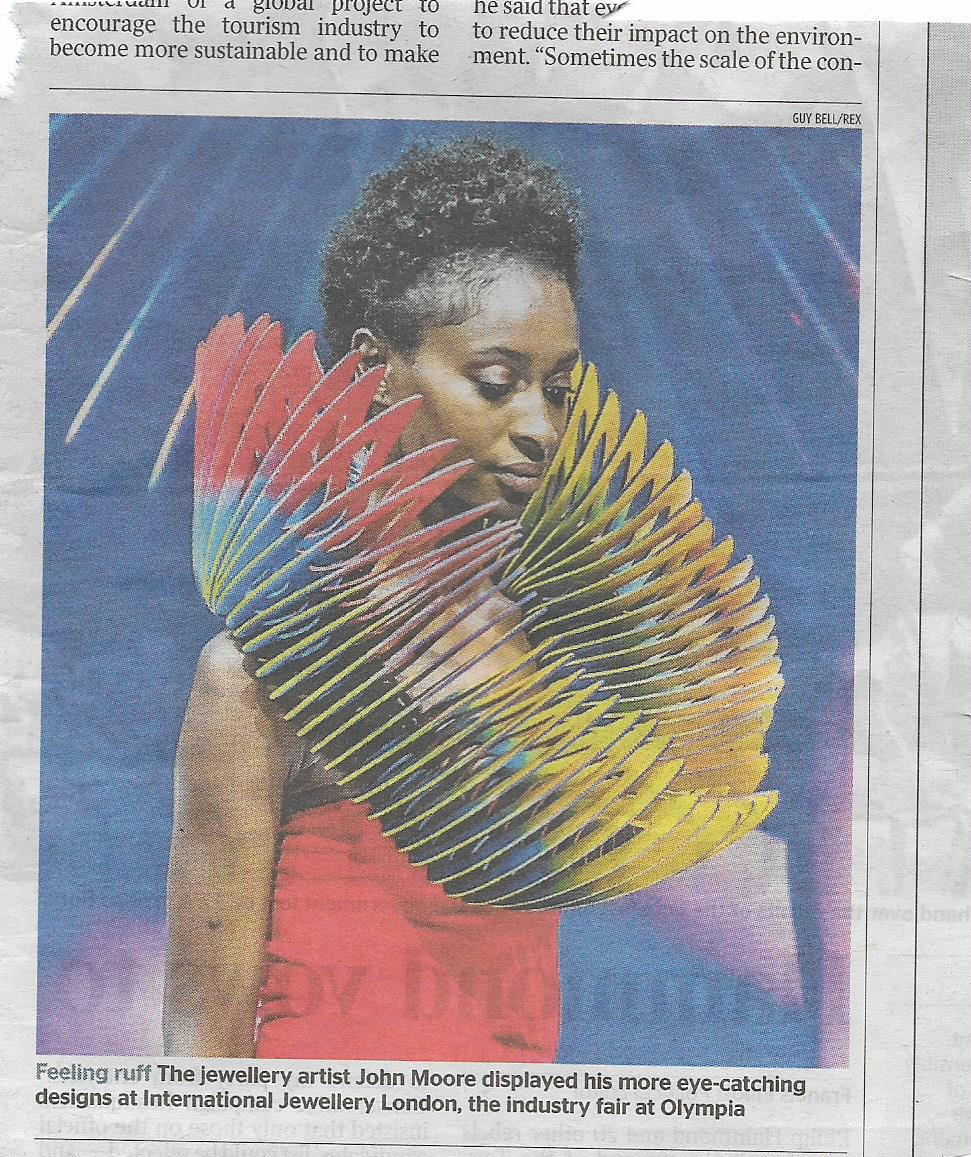
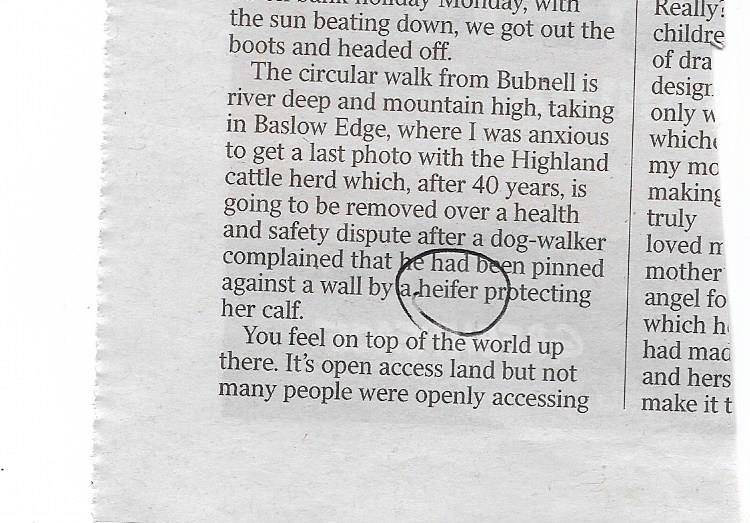 Ann Treneman, The Times, August 30, 2019
Ann Treneman, The Times, August 30, 2019